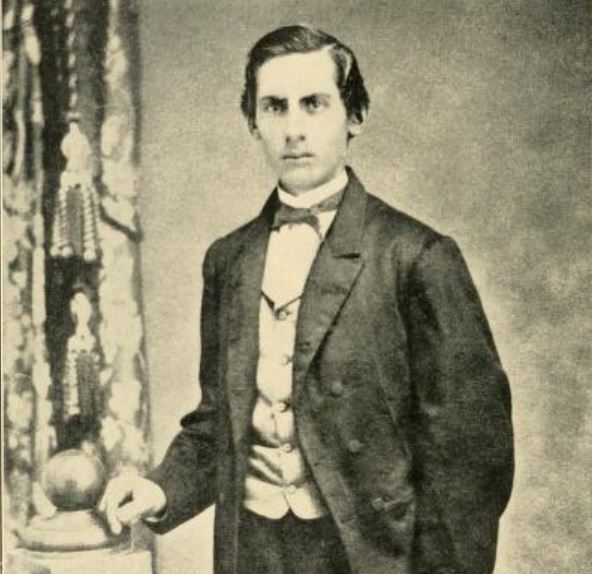About Publications Library Archives
heritagepost.org

Preserving Revolutionary & Civil War History

Preserving Revolutionary & Civil War History

“All who saw the comet last night witnessed an unusual celestial phenomenon,” wrote the Hartford Courant on the morning of July 1, 1861. “A comet, exceeding in brilliancy, size, and proximity to our planet any that have appeared within the recollection of the present generation, flaunted its glittering train across the northern sky.”
In a nation suddenly torn by civil war, Americans gazed skyward in the summer of 1861 and sought to divine meaning from the comet’s sudden appearance. “What means this visit – peace or war?” wrote the Brooklyn Daily Eagle.
The celestial body soon became known as “The War Comet” and as the comet blazed across the Northern sky in early July, it soon became visible to those in the theater of war.
The Fortress Monroe correspondent of the New York Times described the appearance of the comet in the skies above the small patch of Union-controlled Virginia on July 3, 1861. The comet “burst upon our sight as soon as the advancing darkness made it visible,” he wrote.
Each clear night, the comet became visible in the summer sky and soldiers and citizens alike gawked at its fiery splendor and reflected on what the comet’s appearance meant to them and to their country.
A New Yorker serving near Fortress Monroe was among those peering upward in the night. Private Charles F. Johnson of the 9th New York Volunteer Infantry had been at war for little more than a month when the comet made its appearance in early July.
Johnson kept a journal of his war-time experiences, reflecting upon the momentous event he found himself thrust into by the unrelenting march of events. His journal, accessible online, provides a window into a thoughtful, reflective young mind. But among its most insightful passages from that first summer of war relates to the comet and its fiery trail across the northern sky. His entry on July 18, 1861 reflects upon the night sky, the comet, and his place amid the growing tumult of the American Civil War.
Last night was a most beautiful night. The moon shone so brightly as to almost blot out the stars; a gentle breeze from the James fanned one’s features with just enough motion to produce a feeling akin to inspiration, and I made my bed outside, as the thought of a crowded tent on a night like this seemed unbearable. And there I lay dreaming day-dreams far into the night.
I watched the comet, wondering if that mysterious little visitor was not perhaps at the same time watched by eyes that would beam gladly into mine; and I composed quite a number of beginnings of addresses to the curious thing, whatever it may be. But the comet is now tired of his visit to these regions of space, or disgusted it may be with the appearance of things on this side of our planet, for he is now leaving in seemingly greater haste than he came, with his tail between his legs, for the unknown regions out yonder.
Well, good-by and fare thee well, Stranger. And I fervently hope that thou mayst see the face of the Earth beaming with smiles where now her frowns are lowering, on thy next visit, if that should be while this little world is still in existence.
And to sleep at last, to dream again not more strangely than if awake, and only disturbed by a little cannonading up the river.
The great comet of 1861 gradually grew more distant, and disappeared from the night sky by late summer. The question of what the object foretold was soon settled – even as the comet flew overhead, the armies of North and South engaged on the battlefield at Bull Run. The slaughter of the Civil War had begun and Private Charles Johnson was destined to be at its center.
Astronomers estimate that the comet will pass the Earth once more in the 23rd century.